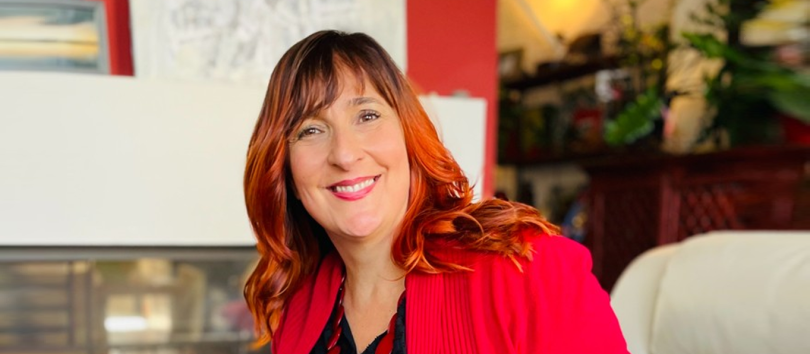
Career guidance: the secret to building a more inclusive workforce
When gender dictates what level of access a person has to education, training and employment, it creates barriers and obstacles that can have lifelong implications. Often, women find themselves excluded from certain types of jobs and are routinely paid less than their male colleagues in the same role. Decision-making positions in companies and organisations are still, to this day, largely occupied by men. At a time when there is huge need for skilled labour, it is essential that employers are able to harness the potential of every working-age adult, regardless of their gender.
Career guidance is an effective tool to challenge gender-based stereotypes and has a key role to play in ensuring access to lifelong career guidance. Starting from an early age, effective and up-to-date career guidance helps to create a more balanced, dynamic and inclusive workforce.
As well as knowing the requirements of the labour market, career guidance is also about counselling, coaching and providing role models, especially important for young girls. Claudia de Castro Caldeirinha, Senior Consultant and CEO of Redscope Consulting, author and coach of managers on leadership and diversity & inclusion, and gender, shared her expertise with the ETF as to how important it is to put gender equality and inclusiveness at the top of the agenda.
'Role models are crucial for leadership and career development, and they show girls that it is possible to become a leader in whatever context they find themselves.' Being a leader is more than a formal title - it can also describe those who are informally changing things around themselves. 'A leader is someone who has a strong vision and the capacity to take other people with them in pursuit of a collective vision.'
ICT and high-tech is probably the sector with the greatest gender disparity. Women represent about 24% of ICT jobs globally and 19% in the EU. The PISA 2018 study revealed a yawning gender gap when it came to career expectations: only 0.5% of girls aspire towards ICT-related careers at age 15, versus 5% of boys.
De Castro Caldeirinha’s work on advising EU institutions and companies has also included the facilitation of the Huawei European Leadership Academy aimed to empower young females to be leaders in the digital future.
European Leadership Academy: Promoting female talent and inclusion in the digital age | ETF (europa.eu). The advice Claudia gives to a young girl is to 'invest as much as you can in your education and acquire the skills you need to achieve your dreams.'
'Learning is a lifelong journey. We all have things that we do very well, our own unique set of talents and qualities that set us apart. Getting to know yourself, learning your strengths and the things you do uniquely well is essential.' A well-trained career guidance counsellor is perfectly placed to help us do this.
Indeed, it has been demonstrated (ICILS 2018) that girls have lower levels of self-efficacy even when they outperform or perform similarly to boys on measures of digital skills. The self-efficacy scores – that is, perceived abilities as opposed to their actual abilities – for advanced ICT tasks were significantly lower than boys’ in all countries. This discrepancy is particularly notable for more complex skills. The data suggest that confidence drops slowly at first and then precipitously so that by the time female students complete higher education, only a tiny fraction graduate with ICT degree.
De Castro Caldeirinha confirms, 'We tend to focus too much on what we cannot do or our perceived weaknesses, endlessly nourishing our ‘imposter syndrome’. This leads to a lack of self-confidence, demotivation and stress, and perpetuates outdated gender stereotypes.'
The lack of relevant skilled staff is a huge challenge for companies, especially as they need to adapt to the challenges and opportunities posed by the digital and green transitions. The European Union has nominated 2023 as the European Year of Skills and it is this context that emphasises the need, now more than ever, for equal and inclusive opportunities for all.
De Castro Caldeirinha concludes, 'Our unique story is our strength, not our weakness. We must build on it and become the change and inspiration for all who have similar stories to ours.' And having an expert career counsellor can help explore all opportunities and unlock the potential of everyone.
Did you like this article? If you would like to be notified when new content like this is published, subscribe to receive our email alerts.